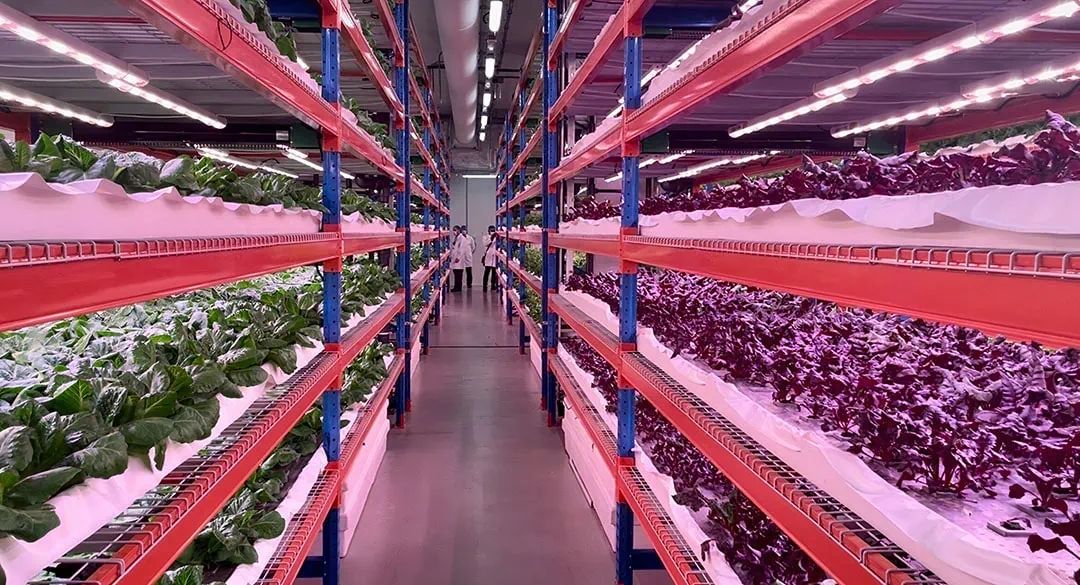|
Getting your Trinity Audio player ready…
|
The Alliance for Green Revolution in Africa (AGRA) has recounted the efforts it made towards implementing its mandate, saying it has reached over 11 million farmers in Nigeria. The Country Director of AGRA, Rufus Idris, disclosed this during the just concluded Africa–Wide Agricultural Extension Week (AAEW) in Abuja.
Idris, while receiving an award for AGRA’s contribution to the development of agriculture extension services in Nigeria and Africa from Nigeria’s Minister of State for Agriculture and Rural Development, Senator Abdullahi Sabi, at the event, lauded AGRA’s contribution to Nigeria’s sustainable food security and rural development towards food production.
He revealed that the beneficiaries were reached with new agriculture technologies through AGRA’s agriculture extension model, called ‘Community-Based Advisory.’ Idris said: “We have been able to promote an agriculture model that has really worked, that is the community-based advisory model which is mainly a model that is private sector driven and to ensure that farmers at the last mile get access extension services.
“So far, a lot of community-based advisors have been deployed out there to support and we have more than 11 million smallholder farmers that have now been reached through those avenues and now they have been able to access new technologies with other extension services as well.”
According to him, the Community Based Advisory model has been able to close the gap between extension agents to farmers from one extension agent to 5,000 farmers to one extension agent to 500 farmers, and there are plans to further reduce it. He said: “It used to be one extension service agent to more than 5000 smallholder farmers, we have been able to close that to one extension agent to lower than 500 smallholder farmers and we are working harder to see how we can further close that gap.
“We are also trying to reduce the distance that farmers have to travel to access inputs, this I believe we have recorded significant achievement as well. “We have reduced farmers having to travel more than 20km to access input, it has now been reduced to less than 10km for them to access inputs, and we are still working to further reduce that as well.”
Source: The Telegraph
